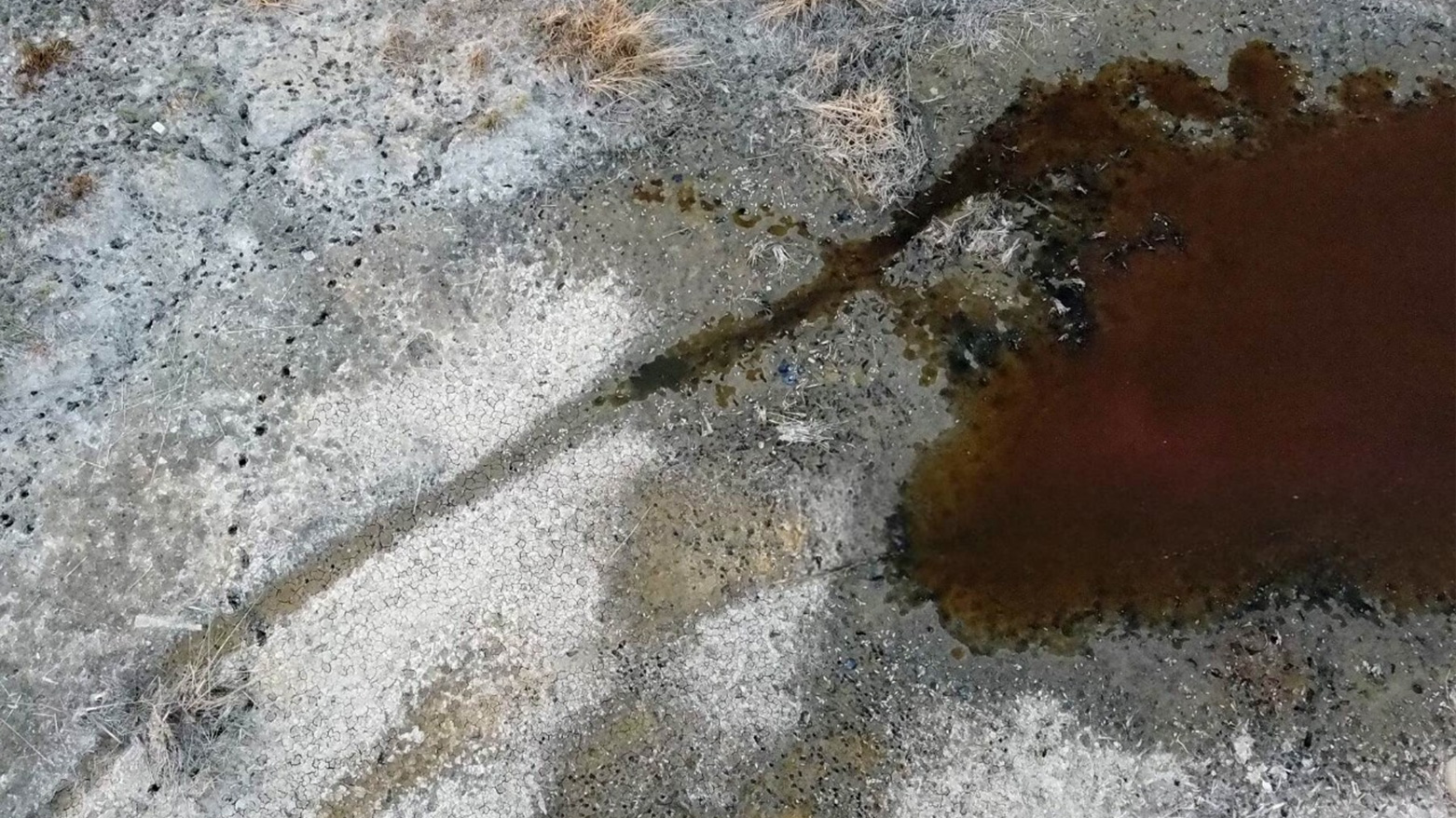Drought Exodus: Dhi Qar Faces Mass Migration as Water Crisis Deepens
On the ground, despair is palpable. A resident told Kurdistan24, “Due to water scarcity, livestock has perished, and we cannot farm. Even wild animals like snakes and wolves are dying due to lack of water.”

By Kamaran Aziz
ERBIL (Kurdistan24) – Once renowned for its fertile soil and flourishing agriculture, Iraq’s southern province of Dhi Qar is now witnessing an alarming environmental and humanitarian crisis. Severe water shortages have crippled the region's agricultural output and forced over 7,000 families to abandon their homes, according to the latest figures from provincial authorities.
For years, the province has struggled with worsening drought conditions, and despite repeated pleas to federal authorities, the crisis has only deepened. “The issue of water scarcity has existed and accumulated for several years, and the Ministry of Water Resources in Baghdad has no solution for this problem,” Salama Sarhid, Assistant Governor of Dhi Qar, told Kurdistan24. He confirmed that thousands of families have been displaced to the Middle Euphrates region, as agriculture and livestock—the backbone of rural livelihoods—have collapsed.
On the ground, despair is palpable. A resident told Kurdistan24, “Due to water scarcity, livestock has perished, and we cannot farm. Even wild animals like snakes and wolves are dying due to lack of water.” In another affected village, a local said, “We are struggling with water shortage. In this area alone, about 25 households have packed up and left, with only 16 households remaining. Agriculture and livestock have been destroyed.”
The once-fertile fields of Dhi Qar now bear the marks of desertification. Once a hub of food production, the province is turning to dust. Agricultural lands lie barren, irrigation canals run dry, and livestock losses continue to mount. The local government has repeatedly appealed to the Iraqi Ministry of Water Resources for immediate intervention, but these calls have largely gone unheeded.
“The Ministry of Water Resources occasionally promises to solve the problem without implementation,” said a local official, criticizing Baghdad’s perceived inaction. This persistent neglect has left the province vulnerable not only to food insecurity but to a looming demographic shift, as residents abandon ancestral lands in search of water and work elsewhere.
In the absence of strategic planning and tangible support from the federal government, Dhi Qar’s environmental degradation threatens to accelerate further, impacting not only the province’s economy but the social fabric of its rural communities. What was once a thriving agricultural landscape is now a portrait of dislocation and despair—a stark reminder of Iraq’s growing water crisis.